Train to Nowhere: Religious diversity and partition of hearts
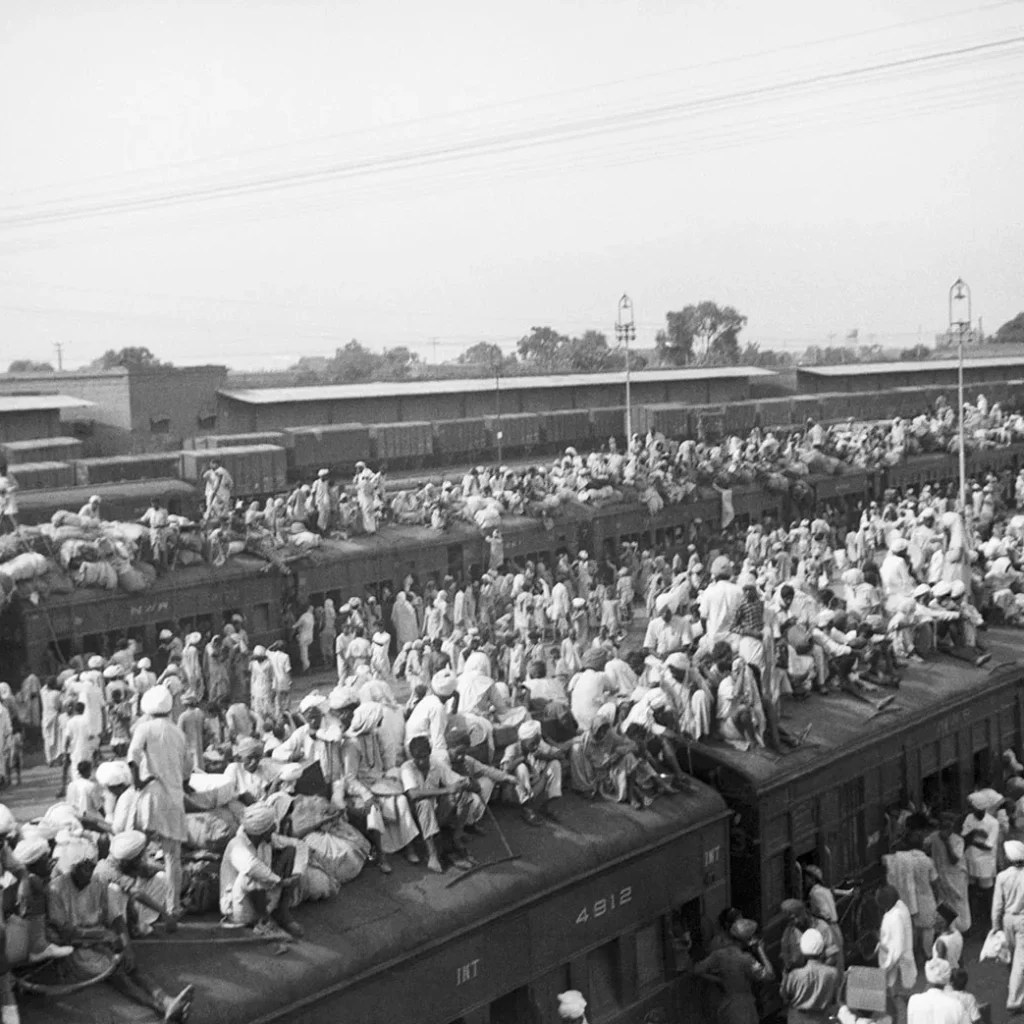
In 1947, Punjab’s trains carried not passengers but memories — of unity turned to horror, of a land where coexistence once thrived before borders tore it apart. Train to Nowhere revisits that plural Punjab, where rivers, shrines, and songs united hearts beyond creed, reminding us that remembrance itself is resistance.
The Long War: The Historical and Ideological Roots of the Pakistan–Taliban Showdown
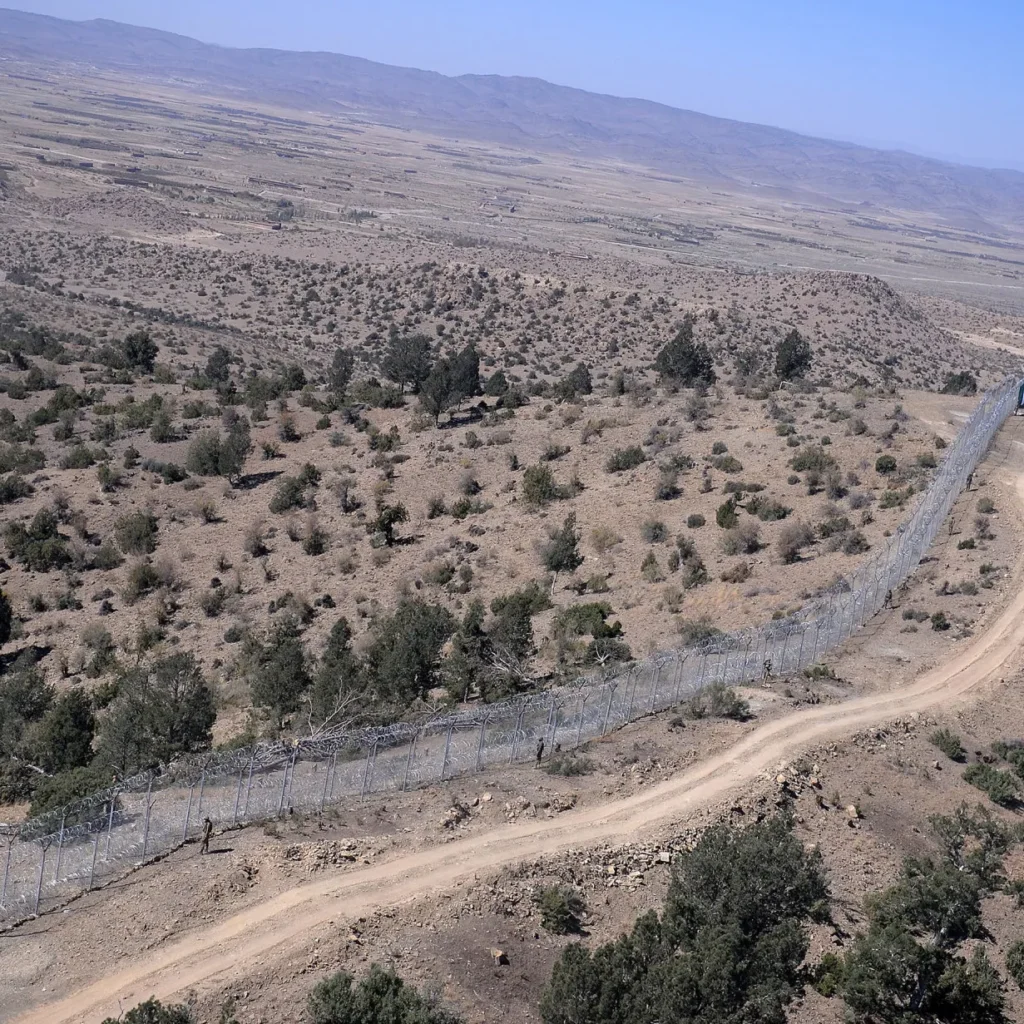
A tenuous ceasefire between Pakistan and Afghanistan’s Taliban regime has halted hostilities for now, but the calm conceals deeper fissures rooted in history, ideology, and regional rivalries. As cross-border tensions resurface, the decades-old dispute over the Border, the Taliban’s harboring of TTP militants, and India’s quiet re-entry into Kabul are reshaping South Asia’s most volatile frontier.
From Policy to Action: Analyzing Pakistan’s Climate Change Framework in Light of IPCC Insights
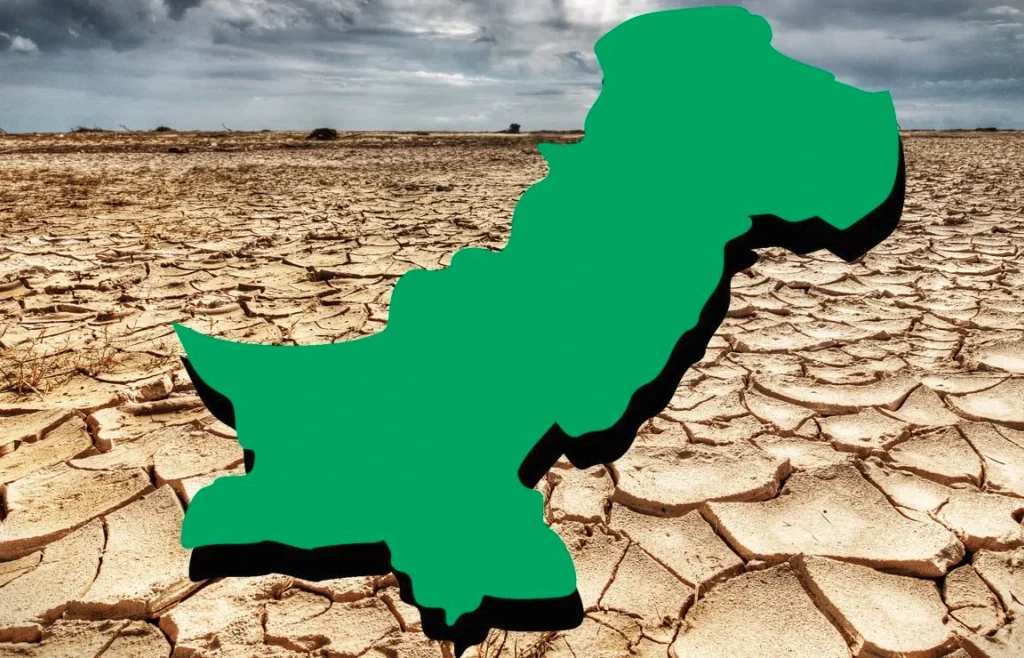
Pakistan’s National Climate Change Policy (NCCP) presents a comprehensive roadmap to tackle the country’s growing climate challenges. From managing water resources and protecting biodiversity to empowering women and promoting renewable energy, the NCCP blends adaptation and mitigation for a sustainable future. Yet, implementation gaps: limited funding, institutional weaknesses, and policy incoherence, threaten its potential. Strengthened governance, transparency, and international cooperation remain key to turning this vision into climate resilience for Pakistan.
Pakistan’s Stability: A Silent Pillar of US Strategic Interests
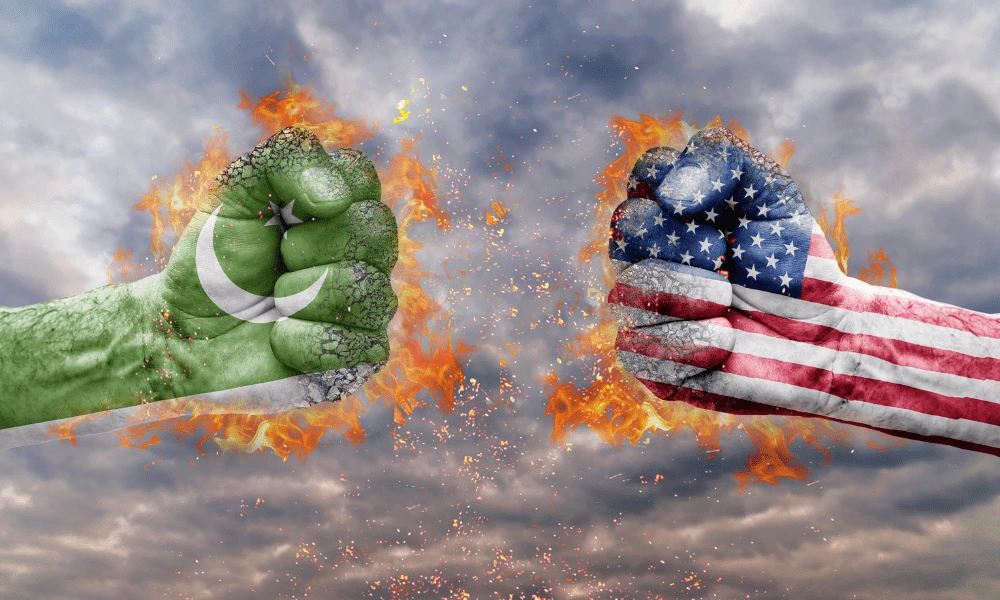
Long seen through a security lens, Pakistan is now redefining its role in US strategy, as a supplier of critical minerals, a connectivity hub between Central and South Asia, and a stabilizing force in a volatile region. Amid global competition with China and shifting energy dynamics, Washington increasingly views Pakistan’s stability not as a choice but as a strategic necessity anchoring its economic and geopolitical interests across Asia.
Pakistan’s Path to Innovation through CERN Partnership

Pakistan’s growing partnership with CERN highlights its rising role in global science and technology. As the first South Asian state to become an associate member, Pakistan is advancing research, training young scientists, and opening doors for high-tech industry and innovation through its collaboration with the world’s leading particle physics center.
Governance, Protests, and Identity: Decoding the Crisis in Azad Jammu and Kashmir

South Asia Times’ X Space session on AJK protests featured insights from Farzana Yaqoob and Sardar Sohail Hassan, examining JAAC’s demands, Pakistan’s subsidies, governance challenges, youth mobilisation, and India’s shifting narratives. The dialogue unpacked how local grievances are exploited by vested and external interests.
A Strategic Checkmate: The Defense Pact Reshaping the International Relations
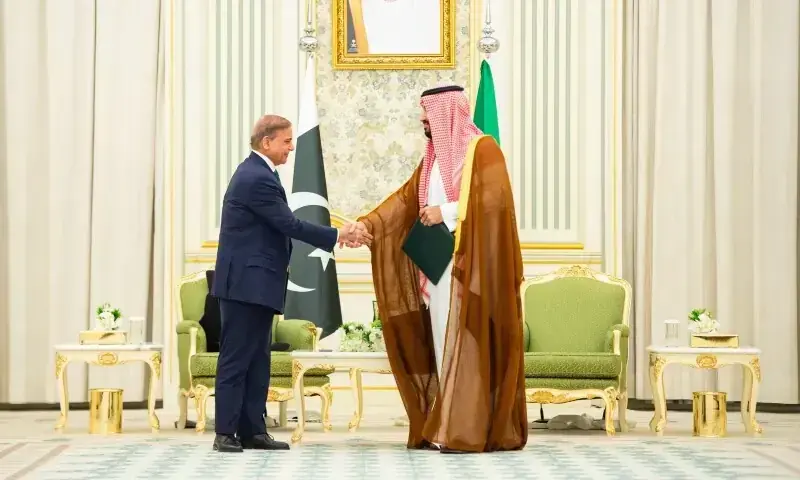
The 2025 strategic defense pact between Pakistan and Saudi Arabia marks a major diplomatic milestone. Strengthening military and economic ties, it enhances Pakistan’s regional influence, bolsters Gulf security, and positions Islamabad as a key player between China, the US, and the Middle East. The agreement reflects a blend of constructivist and realist strategies, reinforcing Pakistan’s leadership role in the Muslim world.
Rich Land, Poor People: The Struggle to Unlock Pakistan’s Mineral Fortune
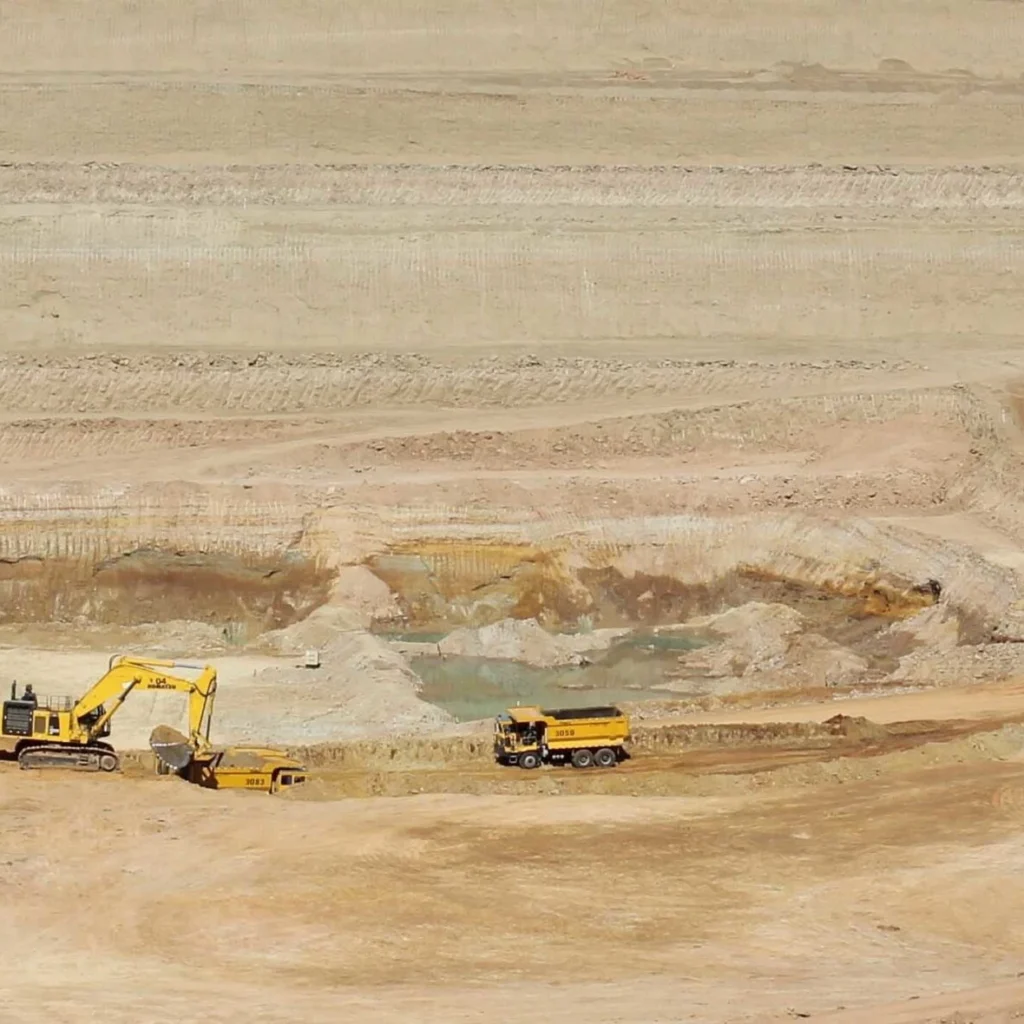
Unlocking Pakistan’s mineral fortune is less a matter of geology and more a test of governance. It hinges on attracting investment, implementing equitable policies, and navigating deep-seated grievances to avoid the resource curse that has plagued other nations.
Deconstructing Leadership in Modern Times.

Deconstructing leadership in modern times requires exploring the wisdom of Plato, Machiavelli, and Confucius alongside modern thinkers like John Maxwell and Ronald Heifetz. Loyalty, empathy, innovation, and purpose emerge as essential traits, shaping transformational leaders for a rapidly changing and unequal world.
After Sheikh Hasina’s Exit, Can India Rebuild Its Strategic Ties with Bangladesh by Pushing Dhaka Towards the Quad?
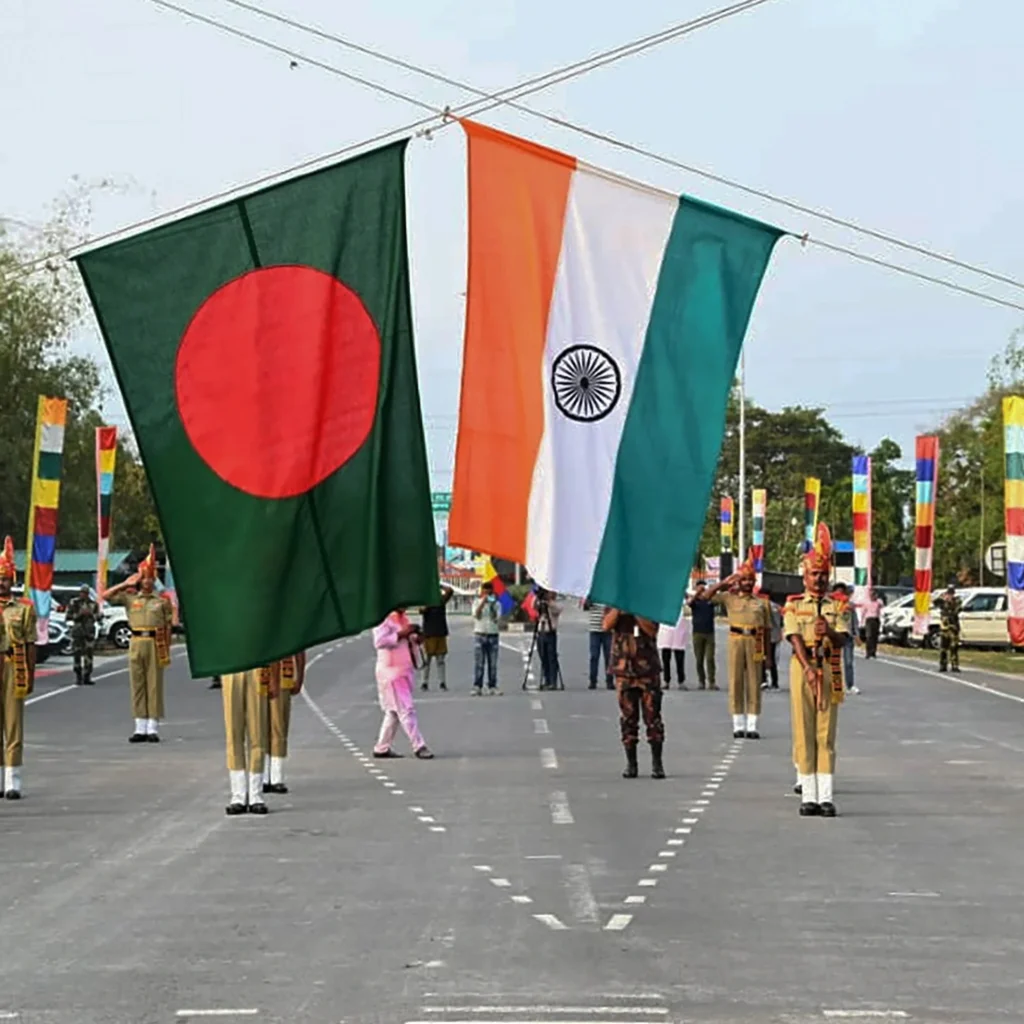
Sheikh Hasina’s resignation ended India’s golden era of ties with Bangladesh, leaving New Delhi scrambling to counter China’s growing influence. Can Quad engagement offer India a path to rebuild trust and secure the Bay of Bengal?
